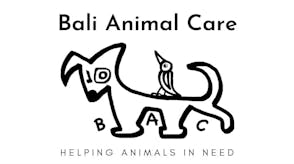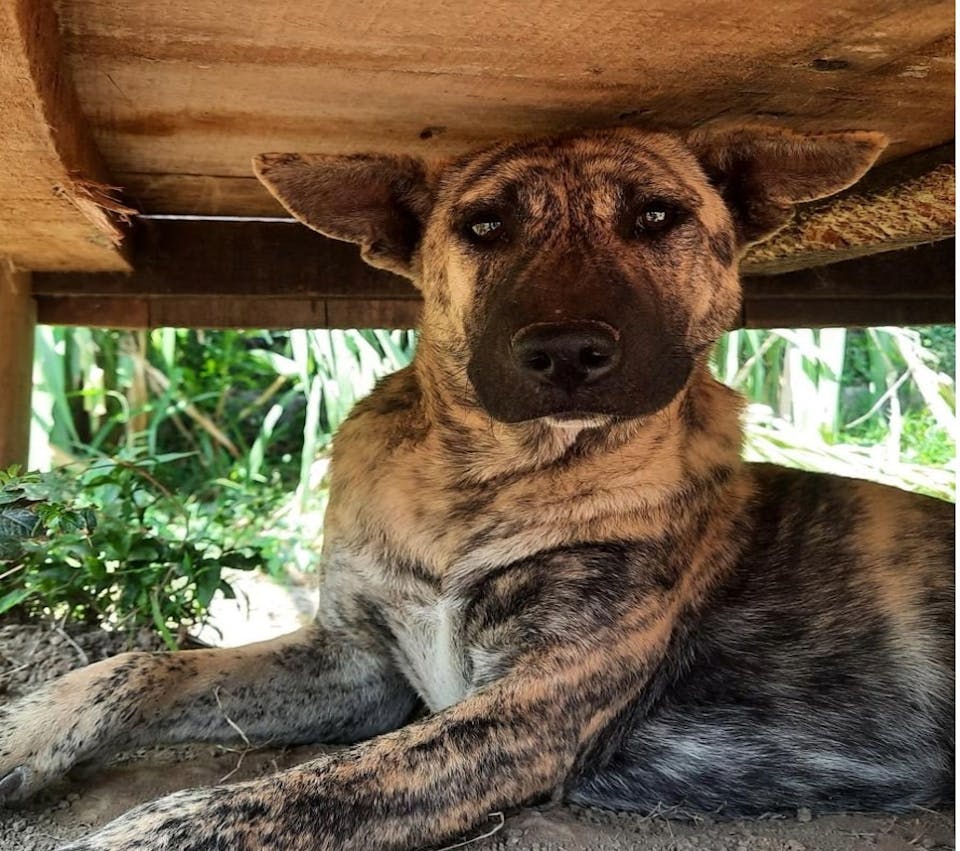BALI ANIMAL CARE
OUR WORK
Animals needing rescue come to us generally in one of two ways.
* Seeing an animal in need, injured, starving, lost, prompts us to investigate further.
If possible, the animal is picked up by Wendy and transported to the clinic for attention. If the animal is injured or difficult to catch due to trauma, a trusted animal catcher is dispatched to collect the animal and transport to the clinic. Animal catchers need to be very special, caring people and they are always local people. It often requires that the animal needs to be darted to safely catch and experience is vital in this regard.
* Once at the clinic, the animal is caged for it's safety and is allowed to decompress before the clinic team gets involved. If it is an emergency like a road trauma, they are assessed immediately.
Pain relief is administered, food and water provided and assessments begin.
Our protocol for treatment consists of:
Assessment and reporting on what is needed.
Treatment of skin disease if any.
Vaccination for distemper, cat flu and as required by law in Indonesia, a mandatory rabies vaccination.
Sterilisation in every case provided the animal has survived to that point and is well enough to undergo the procedure.
After all treatments are completed and the animal is fit, it is returned to it's home territory where volunteers that feed animals on the beach and/or street are made aware and they ensure the animal is fed.
If unable to be returned to it's home territory, every effort is made to re-home the animal. This is the most difficult of everything we do - there are so many thousands of dogs and so many organisations such as ours that are also looking to re-home animals.
If the animal is a kitten or puppy, they are the easiest to re-home - everyone loves a cute baby animal.
If it is definitely not possible to re-home an animal we arrange for it to be taken in at a Sanctury, for which we are required to pay for it's home, food and medical care.
* A visitor to the island alerts us to an injured, starving or lost animal.
All the procedures noted above are completed with one exception. We cannot undertake the care of the animal unless the person who reports the animal is prepared to fund the treatment and/or the ongoing care of the animal in the chosen sanctuary. This is where many visitors decide not to do anything for the animal which is a great pity.
Sadly, many reporters of animals think that it is just a matter of reporting the animal to a rescue organisation and they will do the rest. Yes, we will do the rest, however we cannot do it without funds for their treatment and their ongoing care - it is costly and many of the sanctuaries have now reached the limit of how many they can accommodate.
Bali dogs are very intelligent, versatile animals with thousands of years of existence in this manner, and this is why we endeavour to send them back to their home territory.

